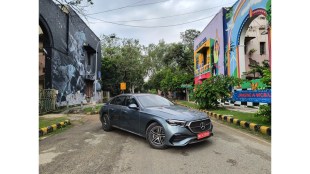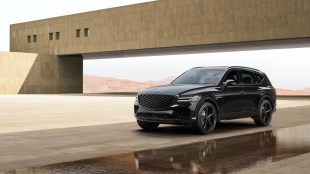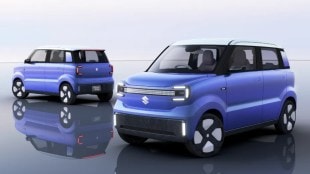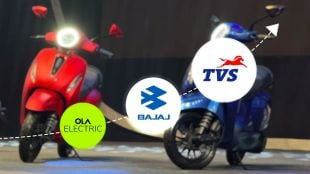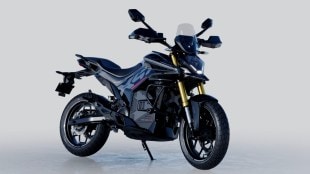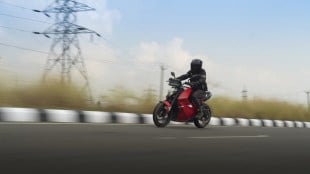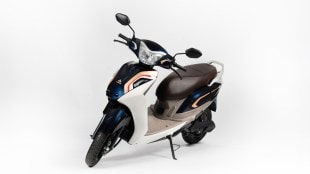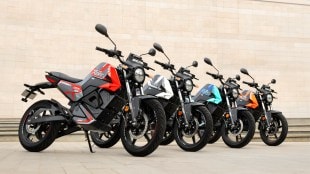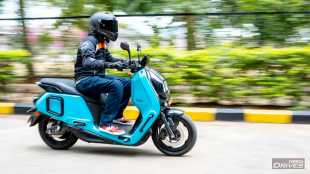Hyundai Creta is due for a mid-cycle facelift very soon. This will be the first major makeover of the second-gen Creta ever since it was launched in February 2020. Pre-bookings for the facelifted Creta went live yesterday and the SUV is slated to make its debut on 16 January. Ahead of its launch, let us look at all the expected updates in the facelifted Creta over its predecessor.
Hyundai Creta old vs new: Exterior updates
Judging by all recent spy shots and teasers on social media, it is clearly evident that the new Creta will receive comprehensive visual upgrades over the outgoing model. This includes a completely redesigned front face featuring a new grille with a parametric jewel theme, revised projector LED headlights, H-shaped LED DRLs, and a new bumper.
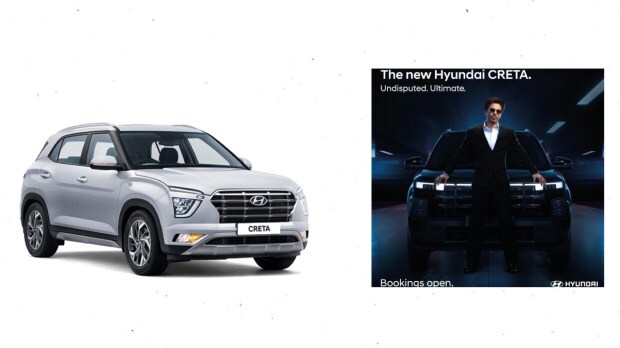
Other styling changes expected include connected taillights housing H-shaped LED elements, a reprofiled rear bumper housing a muscular bash plate, and newly designed 5-spoke dual-tone alloy wheels.
Hyundai Creta old vs new: Interior & Feature updates
Hyundai teased the interiors of the new Creta which has received a fair share of updates. The most prominent is a completely new dashboard design featuring a twin screen layout for the touchscreen infotainment and a fully digital instrument console. The dashboard also wears different clothing with a dual-tone theme with beige and black interior shades.
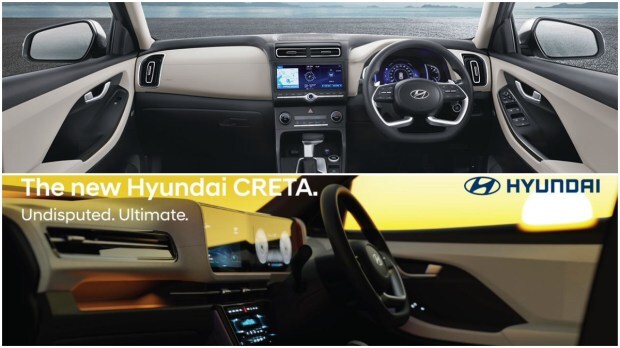
Further, it gets revised horizontal AC vents with gloss black finish positioned below and beside the infotainment system. Moreover, the HVAC controls are now touch sensitive. Other feature upgrades expected to be part of the package are a 360-degree parking camera, ventilated front seats, and Level 2 ADAS technology.
Hyundai Creta old vs new: Powertrain changes
Hyundai will continue with the two engine options offered in the current Creta— a 1.5-litre naturally aspirated petrol unit, and a 1.5-litre CRDi diesel unit. The former kicks out 114 bhp and 144 Nm of peak torque. The latter burns out 114 bhp and 250 Nm of torque.
The new addition to the lineup will be a 1.5-litre Kappa turbocharged petrol mill that dishes out 158 bhp and 253 Nm of peak torque. Transmission options will include a six-speed manual, a six-speed automatic, a CVT automatic, a seven-speed dual-clutch automatic, and a six-speed clutchless manual.

